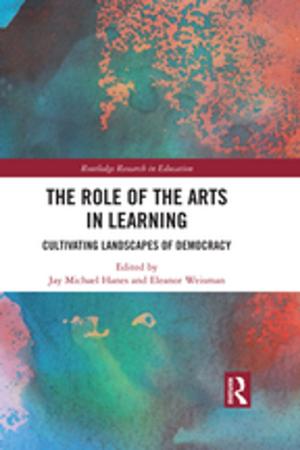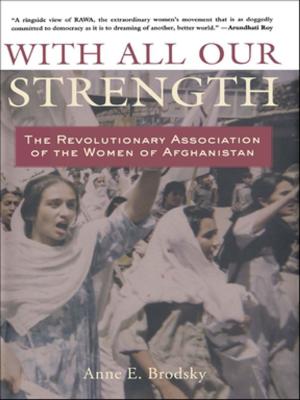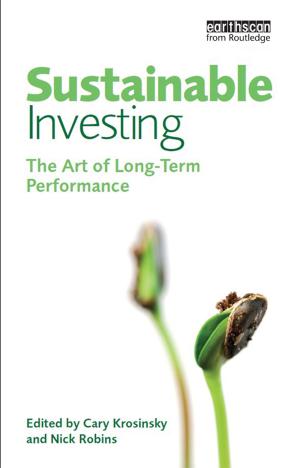Transforming Distressed Global Communities
Making Inclusive, Safe, Resilient, and Sustainable Cities
Nonfiction, Social & Cultural Studies, Political Science, Politics, Regional Planning, Art & Architecture, Architecture| Author: | ISBN: | 9781317007685 | |
| Publisher: | Taylor and Francis | Publication: | March 9, 2016 |
| Imprint: | Routledge | Language: | English |
| Author: | |
| ISBN: | 9781317007685 |
| Publisher: | Taylor and Francis |
| Publication: | March 9, 2016 |
| Imprint: | Routledge |
| Language: | English |
Many of our global cities are distressed and facing a host of issues: economic collapse in the face of rising expectations, social disintegration and civil unrest, and ecological degradation and the threats associated with climate change, including more frequent and more severe natural disasters. Our long-held assumptions about man and nature and how they interact are defunct. We realize now that we can no longer continue to build without addressing the long-term impacts of our actions and their spillovers. Energy and natural resources are finite. The way we configure economies has come into question. In the developed world, especially in the United States, infrastructure and the notions that underpin it are outdated. Meanwhile, the developing world is experiencing major, rapid transformations in lifestyles and economies that are affecting billions of people and requiring a whole new way of planning human settlements. Cities are the key to our future; they represent the most effective vehicle for positive advancements in the human condition and environmental change. This volume argues for the need to redesign and re-plan our cities in holistic ways that reflect our new understanding and relate to their diversity and multi-dimensionality. Presenting a range of case studies from around the world, this volume examines how these distressed cities are dealing with these issues in planning for their future. Alongside these empirical chapters are philosophical essays that consider the future of distressed cities. Bringing together a team of leading scholars, United Nations agencies, non-governmental organizations, private consulting firms, international organizations and foundations, and policy officials, this volume provides a unique and comprehensive overview on how to transform distressed communities into more livable places.
Many of our global cities are distressed and facing a host of issues: economic collapse in the face of rising expectations, social disintegration and civil unrest, and ecological degradation and the threats associated with climate change, including more frequent and more severe natural disasters. Our long-held assumptions about man and nature and how they interact are defunct. We realize now that we can no longer continue to build without addressing the long-term impacts of our actions and their spillovers. Energy and natural resources are finite. The way we configure economies has come into question. In the developed world, especially in the United States, infrastructure and the notions that underpin it are outdated. Meanwhile, the developing world is experiencing major, rapid transformations in lifestyles and economies that are affecting billions of people and requiring a whole new way of planning human settlements. Cities are the key to our future; they represent the most effective vehicle for positive advancements in the human condition and environmental change. This volume argues for the need to redesign and re-plan our cities in holistic ways that reflect our new understanding and relate to their diversity and multi-dimensionality. Presenting a range of case studies from around the world, this volume examines how these distressed cities are dealing with these issues in planning for their future. Alongside these empirical chapters are philosophical essays that consider the future of distressed cities. Bringing together a team of leading scholars, United Nations agencies, non-governmental organizations, private consulting firms, international organizations and foundations, and policy officials, this volume provides a unique and comprehensive overview on how to transform distressed communities into more livable places.















